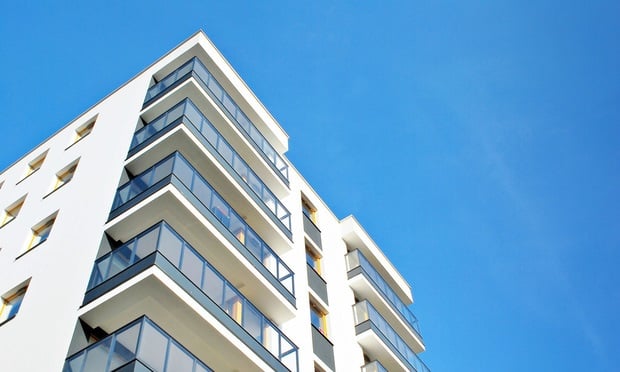WASHINGTON, DC—First, the good news. Respondents to the Real Estate Roundtable's Sentiment Index are so bullish on the economy that they have decided there is little point in trying to predict the cycle's end. Essentially, they see no apparent economic hurdles to current market stability.
The bad news is that 2020 may be rocky due to the presidential election, with transactions rushing to close by mid-year.
This is not the first hint that the elections could throw off CRE's steady rhythm. Many of the Roundtable respondents noted that election years are notoriously unpredictable and point to a large volume of transactions already underway as platforms attempt to execute before the summer.
Also, separately, respondents to the RCM/LightBox's National Investor Sentiment Report predicted that investors will rush to place money in the first two quarters of this year, creating a temporary surge in activity. "I think in the first half of the year capital will rush to put money to work ahead of the election and before the Fed changes its mind on interest rates," K.C Conway, CCIM chief economist said in the report. "The wind is at your back for the first six months."
"There is natural concern regarding the uncertainty of the coming presidential election," says Roundtable President and CEO Jeffrey D. DeBoer in prepared remarks.
However, he continued, "the commercial real estate industry's leading executives are positive about today's economy and optimistic about future market conditions."
The Real Estate Roundtable's 2020 Q1 Economic Sentiment Index registered a three point increase over the 2019 fourth quarter index. CRE industry executives continue to experience generally balanced market fundamentals across nearly all product types, with limited overbuilding and conservative overall industry debt, the Roundtable reported. Also, CRE executives positively noted the continued macro-economic job growth and low interest rates.
"As our Q1 index shows, we are beginning a new decade optimistic about continued overall economic growth," DeBoer says. "Commercial real estate markets remain fundamentally sound; supply and demand are in relative balance; debt and equity capital markets are functioning and disciplined; wages are rising; and unemployment is low."
Want to continue reading?
Become a Free ALM Digital Reader.
Once you are an ALM Digital Member, you’ll receive:
- Breaking commercial real estate news and analysis, on-site and via our newsletters and custom alerts
- Educational webcasts, white papers, and ebooks from industry thought leaders
- Critical coverage of the property casualty insurance and financial advisory markets on our other ALM sites, PropertyCasualty360 and ThinkAdvisor
Already have an account? Sign In Now
*May exclude premium content© 2024 ALM Global, LLC, All Rights Reserved. Request academic re-use from www.copyright.com. All other uses, submit a request to [email protected]. For more information visit Asset & Logo Licensing.









